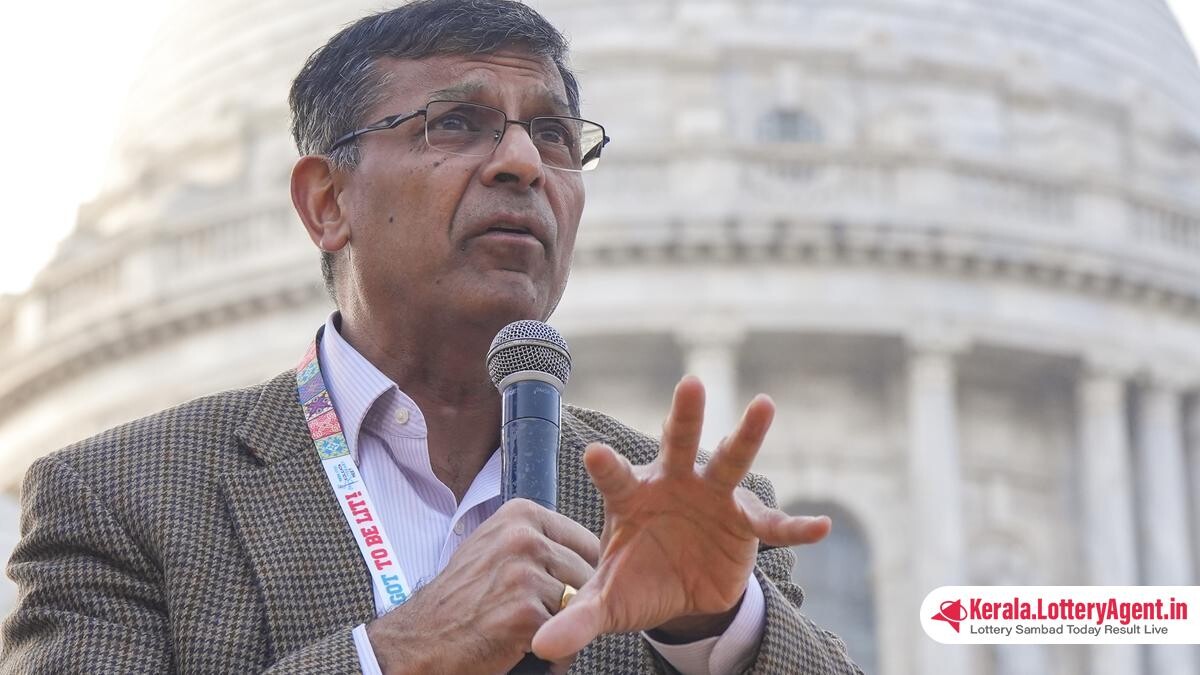
Amidst discussions on India’s potential economic rise, former Reserve Bank of India (RBI) governor Raghuram Rajan has voiced his concerns about the nation not fully capitalizing on the so-called democratic dividend. Speaking at George Washington University on April 16, during a conference titled “Making India an Advanced Economy by 2047: What Will it Take,” Rajan stressed the urgent need for India to bolster human capital and improve skill sets to sustain growth and development.
Rajan outlined the current state by stating, “I think we are in the midst of it (democratic dividend), but the problem is we are not reaping the benefits.” He expressed skepticism about India’s actual growth rate, suggesting that the country’s reported 6% growth figure might be inflated and not reflective of the true demographic potential at hand.
Contrasting India’s growth with that of other Asian giants, Rajan pointed out the discrepancy. “It is much below where China and Korea were when they reaped their demographic dividend,” he remarked, implying that complacency was hindering India from achieving similar levels of economic accomplishment. He emphasized the need for considerable job creation to employ the burgeoning workforce.
To address these issues, Rajan proposed focusing on better training and skill enhancement of the young population through avenues such as apprenticeships, which he noted were part of the Indian Congress’s manifesto. He called for effective implementation of such programs to prepare students for the workforce.
However, Rajan didn’t just focus on skill development; he also criticized the allocation of billions of dollars into sectors such as chip manufacturing, which in his view, may not be as job-intensive as other industries needing attention. He highlighted the declining performance of job-intensive sectors like leather, stressing on the necessity to identify systemic problems and rectify them.
Rajan also touched upon the phenomenon of Indian innovators relocating their startups to destinations like Singapore and Silicon Valley due to better access to markets. He saw this as an indication that domestic policies need to be more conducive to retain talent.
One positive note that Rajan struck was regarding the entrepreneurial spirit among India’s youth, comparing their ambition to that of cricket star Virat Kohli. Nonetheless, he expressed that many are looking to expand globally rather than limit their operations within the nation, underscoring a need for a more supportive environment at home.
Elaborating on the breadth of employment issues, the former governor cited high unemployment, low labor force participation, particularly among women, and an increase in the number of agricultural jobs as major indicators of a systemic employment crisis. He highlighted the incongruity of rising numbers of highly educated individuals facing unemployment and competing for low-level government jobs as evidence of these deep-seated problems.
Rajan warned that the manufacturing sector’s increased capital intensity could exacerbate the situation, suggesting this trend runs counter to the objective of harnessing India’s demographic capabilities.
As India aspires to become an advanced economy by 2047, Rajan’s analysis serves as a reminder of the critical social and economic reforms required to make this dream a reality. Investing in human capital, improving labor market conditions, and creating a favorable entrepreneurial ecosystem are key to tapping India’s demographic potential and achieving long-term, sustainable growth. His insights issue a clarion call for action to avoid squandering a precious demographic advantage and instead translate it into a richer, more vibrant economy.












